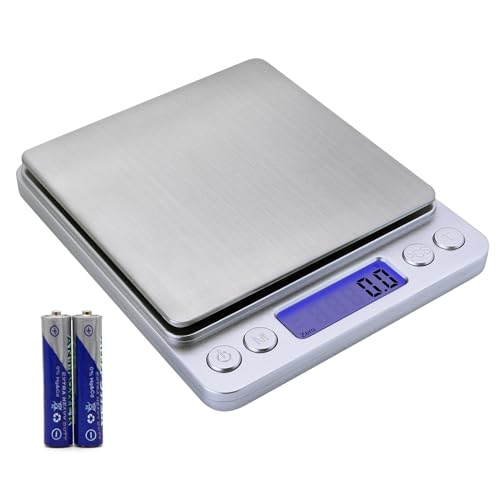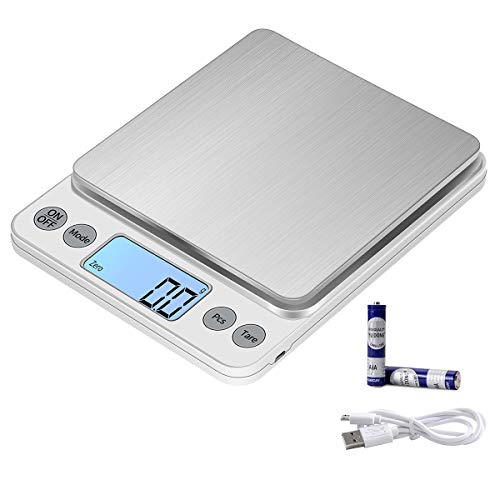Masterbatching Lye - temperature of lye
Hi everyone
I want to start masterbatching soon, but I read that you can’t reheat lye. I mix my oils and lye when both are around 40C. So I am a bit confused on how to use the lye in this case. How do you guys use the master batch lye?
Hi everyone
I want to start masterbatching soon, but I read that you can’t reheat lye. I mix my oils and lye when both are around 40C. So I am a bit confused on how to use the lye in this case. How do you guys use the master batch lye?











































